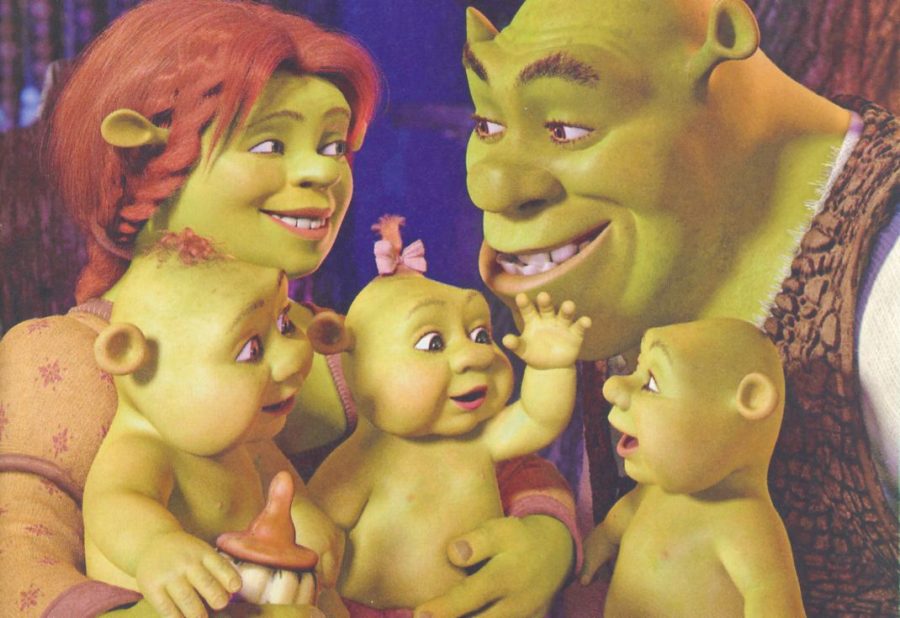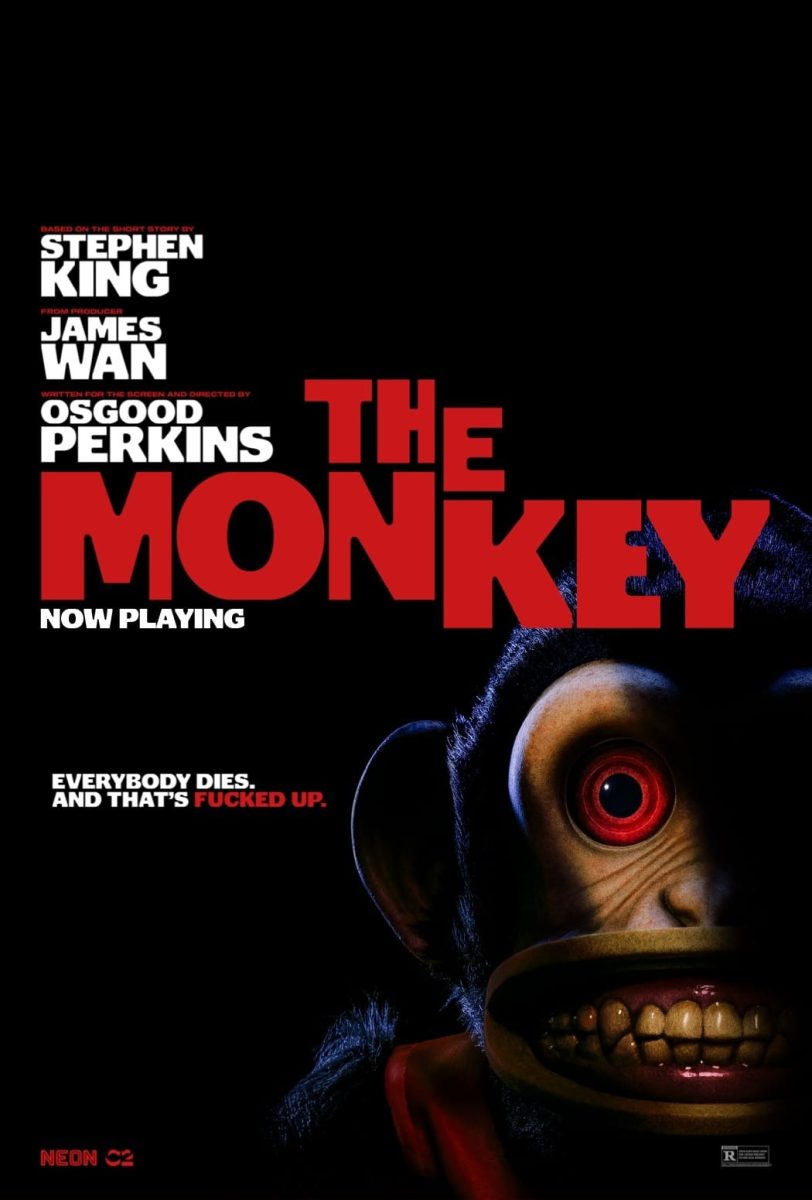“A Fortunate Man” was not good and it was extremely long. It doesn’t grab the viewers attention quickly because there was too much drama going on early in the film.
If you’re fascinated by a Victorian style wardrobe and a heavy Danish language, that’s by far the best parts of the film.
“A Fortunate Man” is a story of a young man who leaves his family, because of the strict upbringing by his father who is a pastor. Being raised in the Danish countryside in a strict Christian home, he leaves with hopes to study at a university to become an engineer in the big city.
His ambition to fulfill his destiny lands him into the fortunate company of one of the cities richest families. This gives him the opportunity to pursue a potential marriage with the families most beautiful bachelorette.
It also dives into a little bit of depression and how pasts can collide and overflow with futures, while also taking a journey through love and consequences.
Although this is not a film I would recommend, it most certainly motivates and greatly captures the themes of faith, ambition, pride and family.
Witnessing a life of struggle from the very bottom, to life where you are well known and respected. Nevertheless, the film did not have much substance behind those themes so at times it seemed that one had to figure out why the director chose certain scenes.
The complex themes along with the thick language make it very hard for the viewer to confidently keep up and know what is going on through the entirety of the film. Things also get very repetitive, making it sometimes tedious while watching.
Considering films have to make sense to the viewer, finding out that the film was made after an original novel called Lucky Per by a Nobel Prize-winning author Henrik Pontoppidan made sense.
They were published as an eight-volume story between 1898 and 1904 which explains as to why the film was so long and drawn out. This is why the film seemed a bit crammed, leaving the viewer confused about certain parts while watching.
Sometimes it is best to leave novels as a novel because the story is made better that way.





















